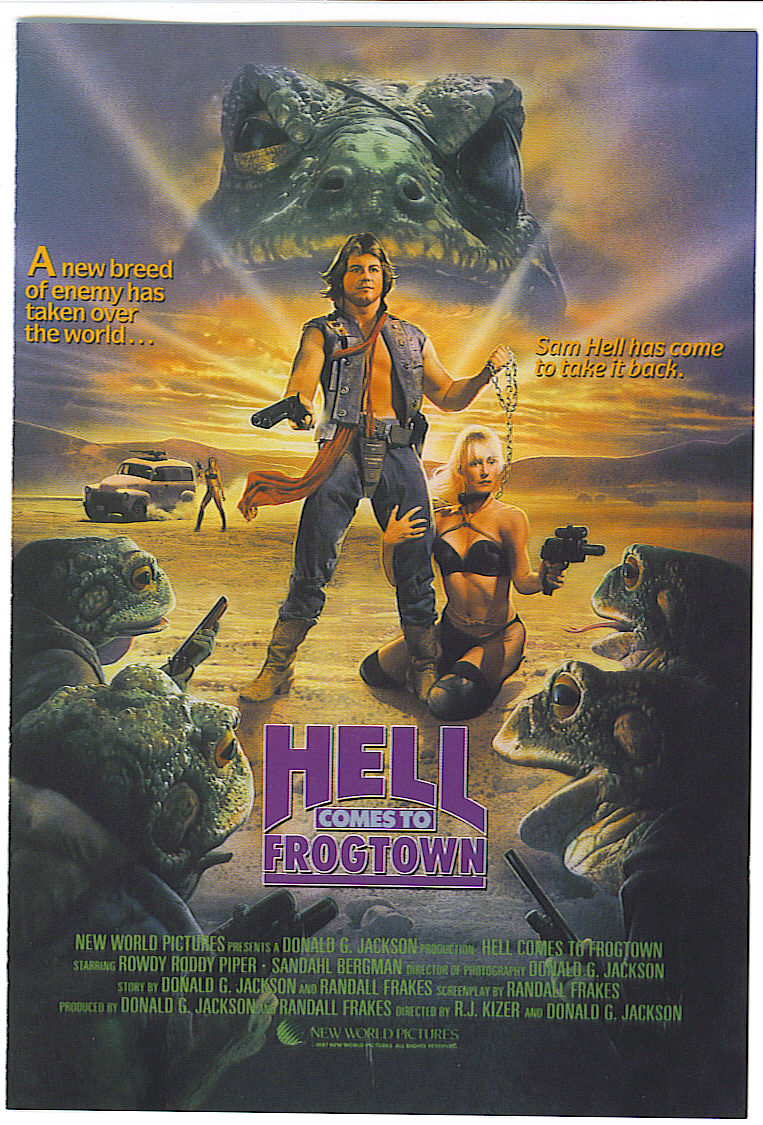The big local news is the passing of Lee Kuan Yew, whom most people in the US have never heard of. You can read probably the best summary of his life and times
here, but the short version is this:
He founded the modern nation of Singapore, ruled it for four decades, and single-handedly transformed it from a podunk island in southeast Asia into one of the most successful economies not only in Asia, but the world. And all he had to do to accomplish that was curtail personal freedom, control the media, cane wrongdoers and generally stifle anyone who didn’t like the way he was running things. Now his son runs the joint. And the people
love him for it.
Mostly.
Anyway, I’m not particularly a fan – I’m not from Singapore and he was a little before my time in Asia. But I do have a few comments:
1. All of this will seem foreign and weird to anyone who grew up with the idea of liberty and democracy and so on. But Lee is essentially the modern model of a benevolent dictator – not as ruthless as Fidel Castro or as batshit insane as Kim Jong-Il, but with the same strong-willed vision to lead his country to greatness. You may not approve of his methods. But it’s hard to argue with
the results.
(To clarify: Singapore is a democracy in the sense that they have elections, and voting is mandatory. But that doesn't mean you have to play fair, especially when you already have control of the govt.)
2. William Gibson once described Singapore as “Disneyland with the death penalty”. Having traveled there on a regular basis over the last 19 years, I can verify that assessment. I can also tell you that for all the propaganda about social harmony, there is discontent simmering here and there, whether it's based on economic factors, race differences, ideology or whatever. Sooner or later I think that's going to backfire on the govt, if only because sociopolitical stability in any country usually has a limited shelf life, though you can stretch that if you manage it properly.
3. It’s telling that a lot of the coverage of Lee’s death here in Hong Kong is focused on (1) his accomplishments as described above and (2) his comments over the years (before and after 1997) regarding HK’s handover to China and the future of democracy. Lee understood the Central Govt’s strategy fairly well, and pointed out in several interviews and public speeches that HK’s future will always ultimately depend on what Beijing wants – and which is for HK to serve as an economic model for the rest of China, not a political model.
Put another away: Lee pointed out all the way back in 1992 that HK’s status as a Special Administrative Region expires in 2047 under the handover deal, and Beijing won’t allow HK to have any kind of political system that doesn’t conform with its plans for the rest of China by that time.
So it’s interesting that the HK media is replaying those interviews now and pointing this out as if to say to the Umbrella Movement: “The game really is rigged – time to cut yr losses, and anyway is a lack of ‘true democracy’ really such a bad thing because look at how great Singapore is doing, I mean just pretend Beijing is Lee Kuan Yew and it’ll be alright, right?”
Possibly.
4. I wouldn't say that Singapore’s benevolent-dictatorship-disguised-as-democracy model is suitable for other countries, especially America. But it does get me to thinking about the concept of term limits.
One of the tradeoffs of the 22nd Amendment (the one that limits Presidents to two terms) is that no President has the time to execute a long-term vision, which results in short-sighted strategies, or at least long-term strategies that can be derailed or dismantled by the next POTUS before they have a chance to work. If no POTUS really thinks beyond the next election cycle, is it really possible – or desirable – to move forward without knowing what your destination is, let alone how to get there or even where the map is? And if a POTUS had the ability to execute a strategy over the four decades that Lee had, would we be further along than we are?
Hard to say. It depends on the POTUS, of course. Liberals shudder at the idea of 20 years of George W Bush or Nixon, and conservatives shudder at the idea of Clinton and Obama even getting one term, let alone four or five. (Christopher Buckley’s
Supreme Courtship makes a nice running gag about this, with Republicans in the story moving to limit presidents to one term just to prevent the sitting Democrat POTUS from running for re-election.)
Anyway, America has done okay with two-term presidents pre- and post 22A. And historically the public gets sick of Presidents after eight years anyway, so future FDRs would be rare even without the 22A. That said, with political debate in America increasingly polarized and framed as a winner-takes-all proposition, where the objective is to seize control from the Evil Opposition permanently and prevent them from winning ever again(for the good of the country), maybe it’s better to have a 22A than to not.
In fact, applying it to Congress might not be such a bad idea, either.
And that’s all I got on Lee Kuan Yew.
Someone to rule us,
This is dF














